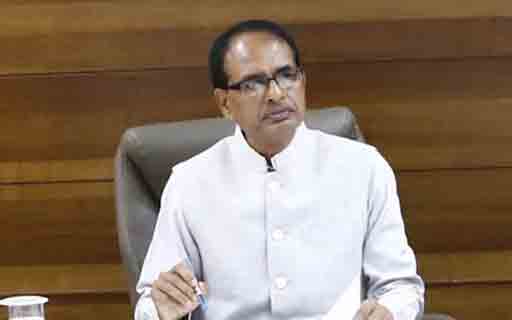INVC NEWS
New Delhi : The recent state elections witnessed a significant political upheaval with the defeat of 12 ministers from Shivraj Singh Chouhan’s cabinet in Madhya Pradesh. This article explores the multiple factors that led to their downfall, providing a nuanced understanding of the complexities involved.
The Role of Anti-Incumbency in Shaping Electoral Outcomes
The defeat of these ministers signifies a strong wave of public discontent. The causes of their losses are diverse, ranging from allegations of corruption to poor public behavior and overconfidence, each playing a crucial role in shaping the election results.
Analyzing Individual Ministerial Defeats
- Narottam Mishra’s Rejection: The Home Minister faced strong opposition in the rural regions of Datia. Political feuds resulting in legal issues for villagers, along with dissatisfaction with law and order, were major contributors to his defeat.
- Bharat Singh Kushwah’s Electoral Loss: The Minister of State from Gwalior rural faced unpopularity due to his abrasive behavior and poor management of caste dynamics. His perceived arrogance and failure to fulfill party workers’ expectations also led to his loss.
- Suresh Rathkheda’s Image Crisis: The Minister of State’s poor public image in Pohari (Shivpuri) culminated in his defeat. Incidents of misbehavior during the campaign significantly damaged his reputation.
- Arvind Bhadoriya’s Taxation Troubles: In Ater, Bhadoriya’s lack of transparency and the infamous ‘Dadda Tax’ led to his unpopularity. His failure to secure votes from the crucial Brahmin community was a key factor in his loss.
- Mahendra Singh Sisodia’s Growing Isolation: Sisodia’s deteriorating relations with party workers and increasing detachment from his party, along with various allegations, were central to his electoral defeat.
- Kamal Patel’s Downfall: The Agriculture Minister’s fall was driven by his family’s behavior, especially his son’s, and his own arrogance. Ineffective damage control and the defection of a key ally worsened his political prospects.
- Rajvardhan Singh Dattigaon’s Struggle: Dattigaon faced internal opposition, family-centric politics, and a damaging video. His inability to handle caste dynamics also contributed to his defeat.
- Prem Singh Patel’s Setback: The Animal Husbandry Minister’s loss was due to nepotism, poor voter engagement, and unfavorable behavior.
- Gaurishankar Bisen’s Compromised Position: The PHE Minister faced accusations of nepotism, corruption, and misconduct. His push for familial political advancement and various allegations played a key role in his defeat.
- Ramkishore Kawre’s Defeat: Kawre’s loss was influenced by his connections with illegal activities, neglect of party workers, and adverse caste equations.
- Ramkhelawan Patel’s Inaction: Despite favorable caste dynamics, Patel’s passivity and failure to satisfy his constituents resulted in his defeat.
- Rahul Lodhi’s Electoral Loss: The Minister of State’s defeat was impacted by his late ministerial appointment and poor relations with various communities.
Conclusion: Understanding the Factors Behind Electoral Losses
The fall of these ministers from Shivraj Singh Chouhan’s cabinet highlights the importance of ethical governance, public behavior, and strong community ties in politics. These instances offer valuable lessons for political entities, underscoring the necessity for transparency, responsibility, and maintaining a solid rapport with voters. In the ever-evolving landscape of Indian politics, these examples are a testament to the power of the electorate and the consequences of disregarding their voice.













